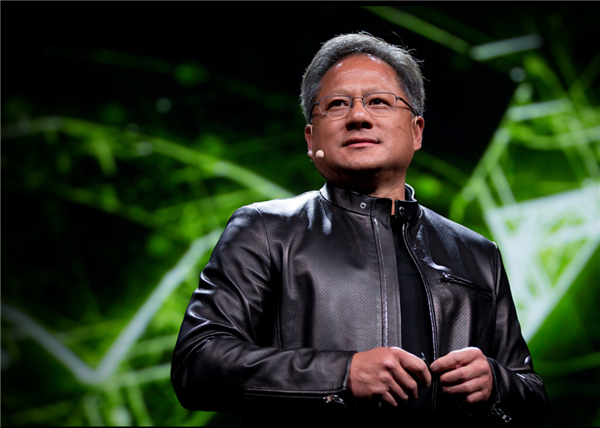May 30 2025 – Amid political pressures and tariff threats, Apple’s strategic expansion in India continues to accelerate, with key suppliers and the tech giant itself doubling down on investments despite external opposition. Foxconn, Apple’s primary iPhone assembler, is reportedly moving forward with a $1.5 billion manufacturing facility in India, defying former U.S. President Donald Trump’s vocal criticism of offshoring production. This move aligns with Apple’s broader goal of diversifying its supply chain beyond China.
Meanwhile, Apple is solidifying its retail presence in India by planning its third brick-and-mortar store in Bangalore, as reported by The Business Standard. The new outlet, spanning 7,997.8 square feet, will occupy the ground floor of Phoenix Marketcity Mall in Hebbal. While slightly smaller than Apple’s Mumbai store (approximately 20,800 square feet), it matches the scale of its Delhi location.

Lease documents from real estate analytics firm Propstack reveal Apple India will pay an annual rent of ₹209 million under a 10-year agreement. Notably, the deal includes a revenue-sharing component: Apple will pay 2% of the store’s income to the landlord for the first three years, escalating to 2.5% thereafter. However, these payments are capped at twice the annual minimum guaranteed rent, safeguarding against unpredictable revenue fluctuations. Additionally, Apple has deposited ₹104.6 million as security, with both rent and deposit amounts subject to a 15% increase every three years.
Trump’s persistent threats to impose a 25% tariff on non-U.S.-made iPhones have aimed to repatriate Apple’s production, but the company’s recent actions suggest limited immediate impact on its India strategy. During Apple’s Q2 2025 earnings call, CEO Tim Cook confirmed plans to shift production origins significantly. “For the June quarter, we anticipate most iPhones sold in the U.S. will originate from India, while Vietnam will become the primary source for nearly all iPads, Macs, Apple Watches, and AirPods sold stateside,” Cook stated. He added that China would remain the manufacturing hub for “the vast majority” of Apple’s global products outside the U.S.
Analysts interpret these developments as evidence of Apple’s resilience in navigating geopolitical tensions. By expanding manufacturing and retail operations in India, the company aims to mitigate risks associated with over-reliance on any single market while tapping into India’s growing consumer base and skilled workforce. The Bangalore store’s launch, coupled with Foxconn’s factory plans, underscores Apple’s commitment to establishing India as a critical node in its global supply chain ecosystem.












